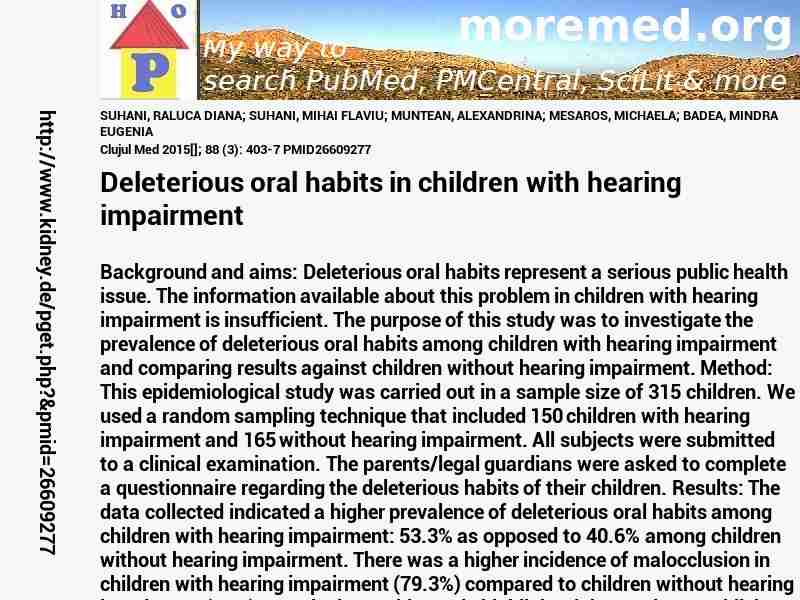10.15386/cjmed-453
http://scihub22266oqcxt.onion/10.15386/cjmed-453

C4632903!4632903!26609277
 free free
 free free
 free free
|  
Deprecated: Implicit conversion from float 225.6 to int loses precision in C:\Inetpub\vhosts\kidney.de\httpdocs\pget.php on line 534
 Clujul+Med 2015 ; 88 (3): 403-7 Clujul+Med 2015 ; 88 (3): 403-7
Nephropedia Template TP
gab.com Text
Twit Text FOAVip
Twit Text #
English Wikipedia
|

 free
free free
free free
free